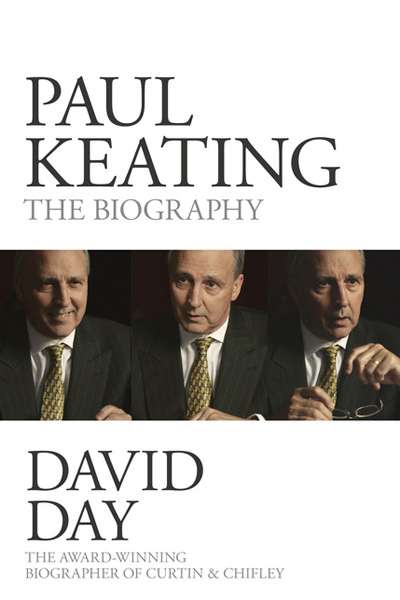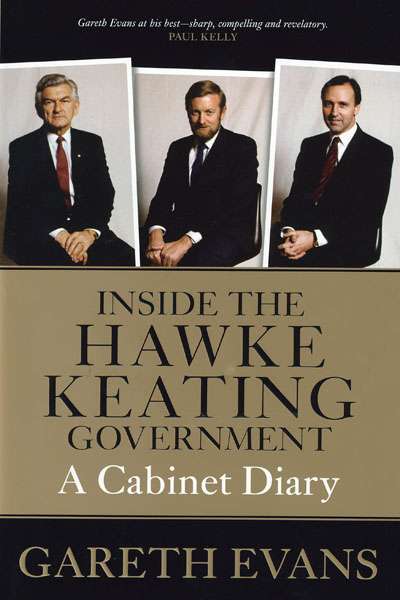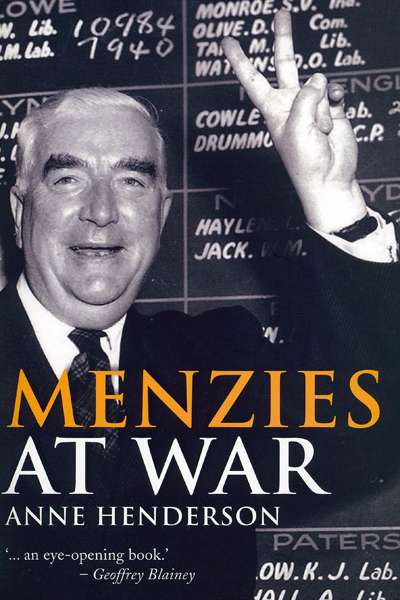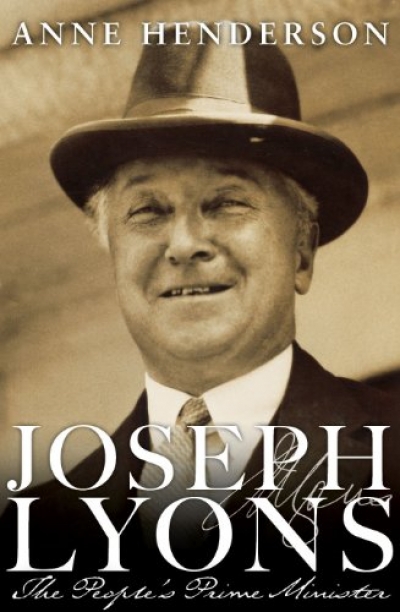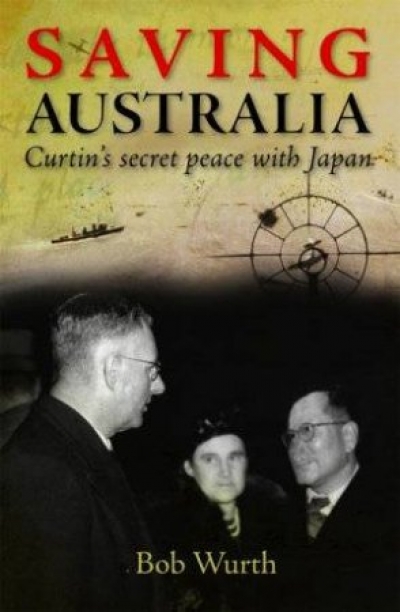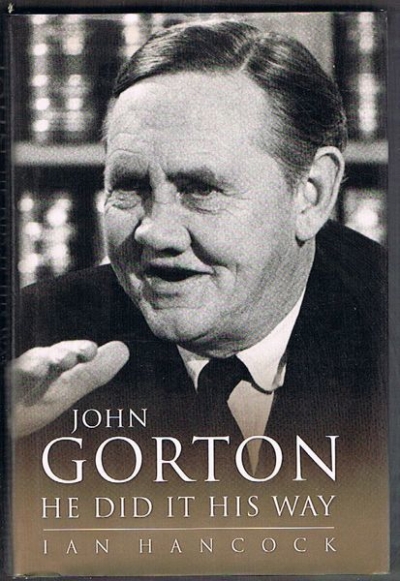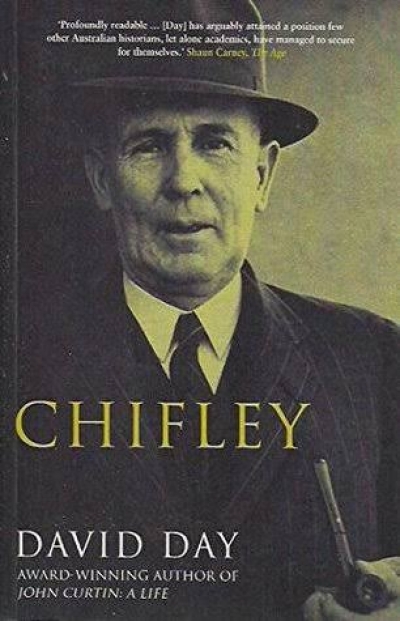David Day
Inside the Hawke–Keating Government: A cabinet diary by Gareth Evans
by David Day •
The Penguin Book of Australian War Writing edited by Mark Dapin
by David Day •
Joseph Lyons: The People’s Prime Minister by Anne Henderson
by David Day •
Saving Australia: Curtin’s secret peace with Japan by Bob Wurth
by David Day •

